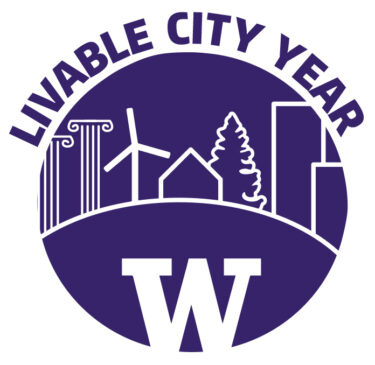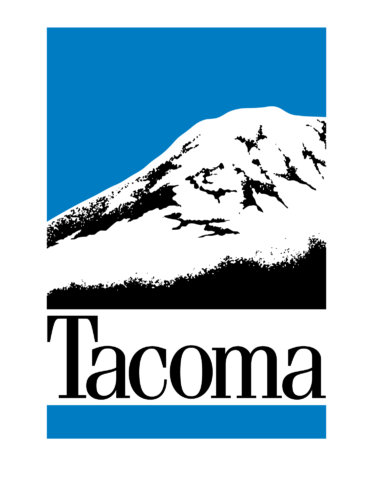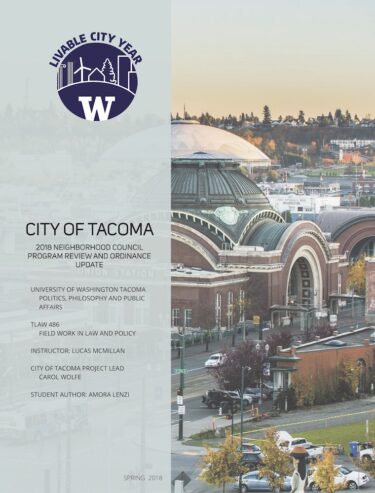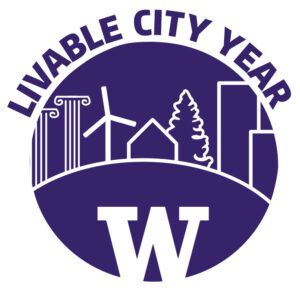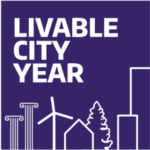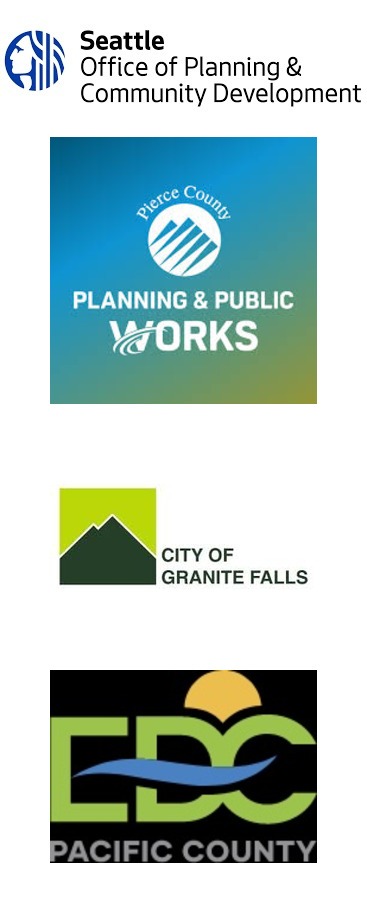2018 Neighborhood Council Program Review and Ordinance Update
Livable City Year 2017-2018 – City of Tacoma
UW Faculty: Lucas McMillan, School of Interdisciplinary Arts and Sciences
City Project Lead: Carol Wolfe, Community and Economic Development
Project summary
This University of Washington Livable City Year (UW LCY) report represents the work of junior and senior undergraduate students enrolled in the University of Washington Tacoma’s (UWT) Fieldwork in Law and Policy course during the spring quarter of 2018. The framework of the course emerged out of a partnership between faculty from the University of Washington Tacoma and LCY, and the City of Tacoma’s Community and Economic Development Department. In the scope of work, co-created by these parties, they stated their rationale and broad goal for this project: The perception exists that Tacoma’s Neighborhood Councils do not adequately reflect the communities they are meant to represent within the boundaries defined…This can result in civic involvements that do
not reflect equitable engagement. The goal for this project is to help create a meaningful, continuous improvement plan to address equitable engagement concerns during the City’s review process of the existing Neighborhood Council Program. The City would like qualitative research data on best practice policy enhancements from comparable and proximate jurisdictions in Washington State.
The City of Tacoma extended this unique opportunity to students, to examine the operations of each of Tacoma’s eight Neighborhood Councils and to measure the degree to which each Neighborhood Council engages its residents equitably. The City also asked students to devise a set of recommendations for it to utilize to improve the way it supports the Neighborhood Council Program.
Students began with an examination of a case study presented in 2009 by two Urban Studies researchers, Yonn Dierwechter and Brian Coffey. This helped them view the Neighborhood Council Program’s historic origins, forming, and overall efficacy. Next, students completed a review of academic articles, comparing various approaches to resident engagement in cities across the country. Their literature review occurred simultaneous to field observations. Students gathered qualitative data from interviews with City staff and Neighborhood Council board members. Many students ventured to nearby jurisdictions, like Bellevue, Kirkland, and Seattle, to meet with and learn from the representatives of Neighborhood Councils elsewhere in the Puget Sound region.
The University of Washington Tacoma is an urban-serving university. The students involved in this project offer a set of recommendations to the City of Tacoma to apply toward achieving equitable engagement of residents through the Neighborhood Council Program.
Part of the 2017-2018 Livable City Year partnership between the University of Washington and the City of Tacoma.
See all Livable City Year projects in Tacoma that UW students and faculty worked on during the year-long partnership.
